STAT+: Pharmalittle: We’re reading about Lilly strategy against compounders, Bristol’s antipsychotic, and more
Lilly is using a new line of attack against telehealth firms, accusing them in lawsuits of engaging in the corporate practice of medicine

Hello, everyone, and how are you today? We are doing just fine, thank you, especially since the middle of the week is upon us. After all, we have made it this far, so we are determined to hang on for another couple of days. And why not? The alternatives — at least those we can identify — are not particularly appealing, as you might imagine. On that optimistic note, please join us for a needed cup or three of stimulation. Our choice today is, once again, Tuscan tiramisu. But now, the time has come to get cracking. Here are a few items of interest to help you get started. We hope you have a lovely day, and do drop us a line when you hear something juicy. …
Four months ago, a small pharmaceuticals company bought a medicine used to combat a rare growth disorder in children and quickly raised the list price by 150%, STAT says. Such a dramatic boost — from $5,882 to $14,705 per vial — is the sort of move that often draws attention at a time when many Americans complain about rising drug costs. But the company, Eton Pharmaceuticals, argues there is no other way to keep its treatment on the market and make a profit. Its decision involves a calculated twist: a willingness to take a hefty loss on each Medicaid patient. The gambit was prompted by the penalties that companies must pay to Medicaid when they raise the price of a medicine above the inflation rate, a consequence of a provision in a federal law that went into effect in early 2024. Thanks to the American Rescue Plan Act, pharmaceutical companies are now required to pay that difference in the form of a rebate to the government health care program.
European pharmaceutical bosses have called on the European Union to increase drug prices toward the much higher levels paid by the U.S., saying it will encourage innovation, The Financial Times notes. Novartis chief executive Vas Narasimhan and Paul Hudson, his counterpart at Sanofi, say the European Commission should set a spending target for medicines and vaccines to “fairly reward innovation.” The U.S. pays nearly three times as much for branded and generic medicines as other comparable countries, according to U.S. government estimates. The commission should create a benchmark for its member states “in the range of U.S. net prices”, the chief executives maintain, adding that this could be adjusted though rebates for some countries. Lower prices in the European Union “artificially (cap) biopharma market growth” and create a “clear disincentive for innovators”, Narasimhan and Hudson say, citing data that 30% of medicines approved in the U.S. are not available in Europe after two years.






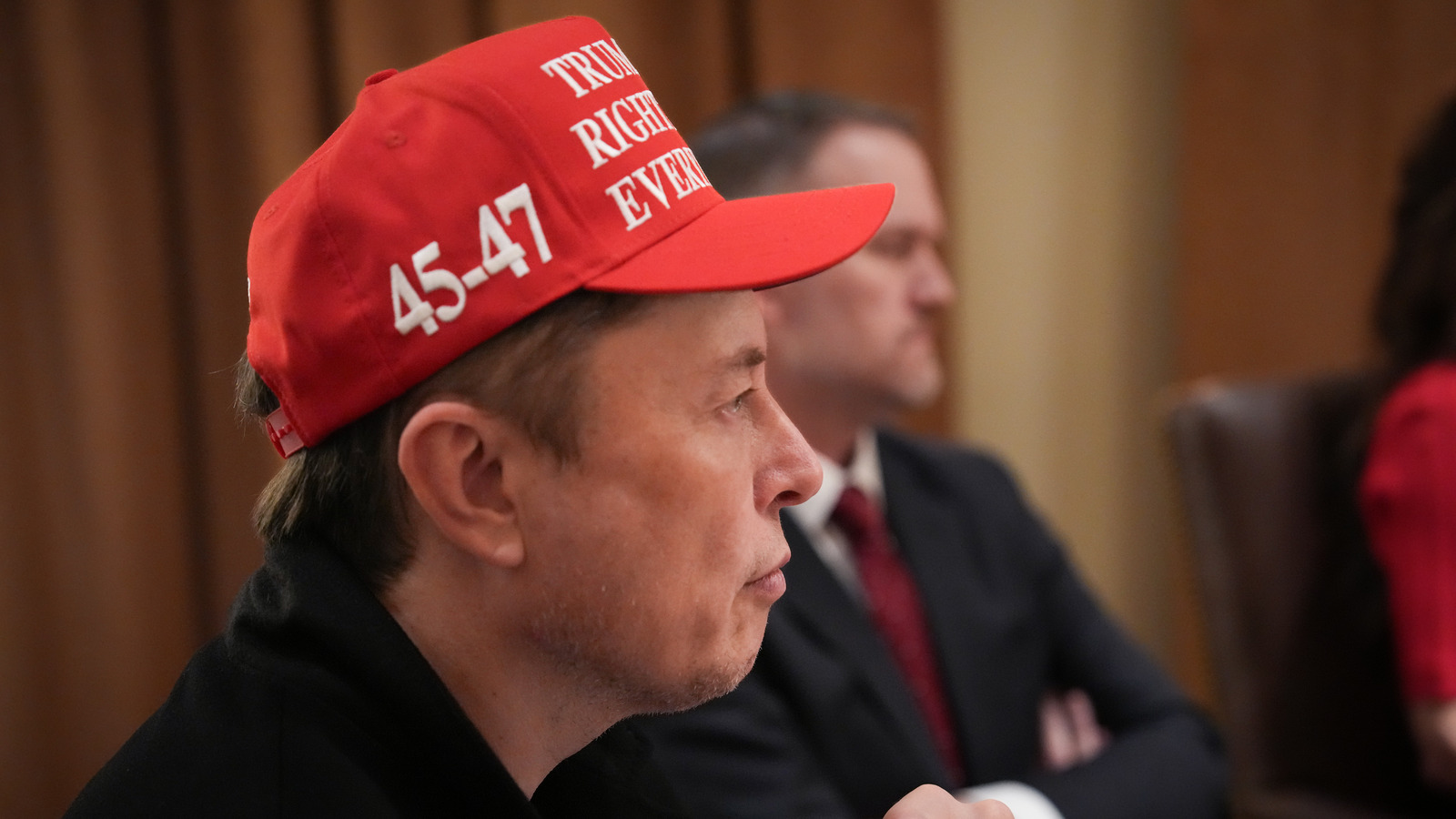
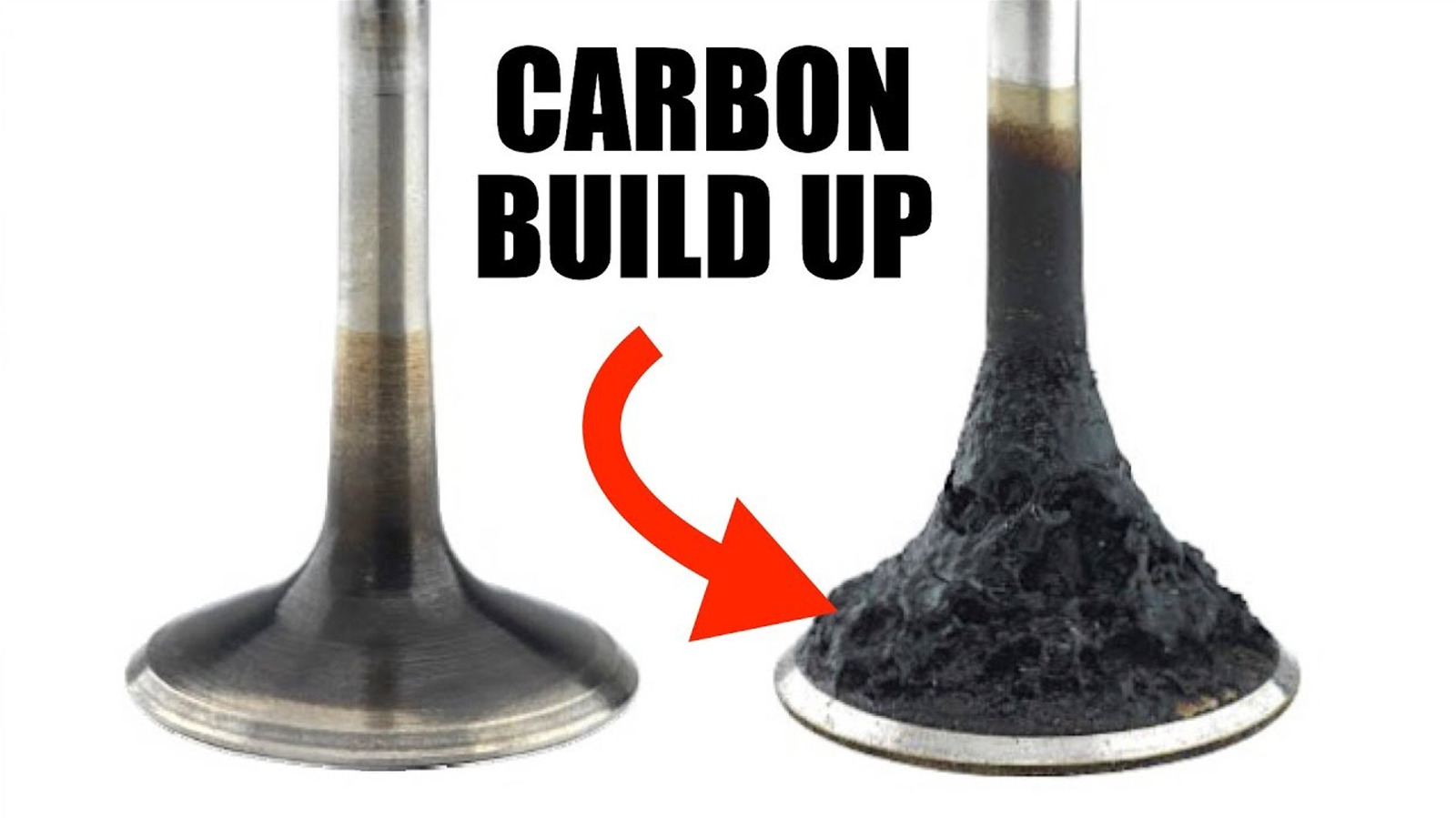







































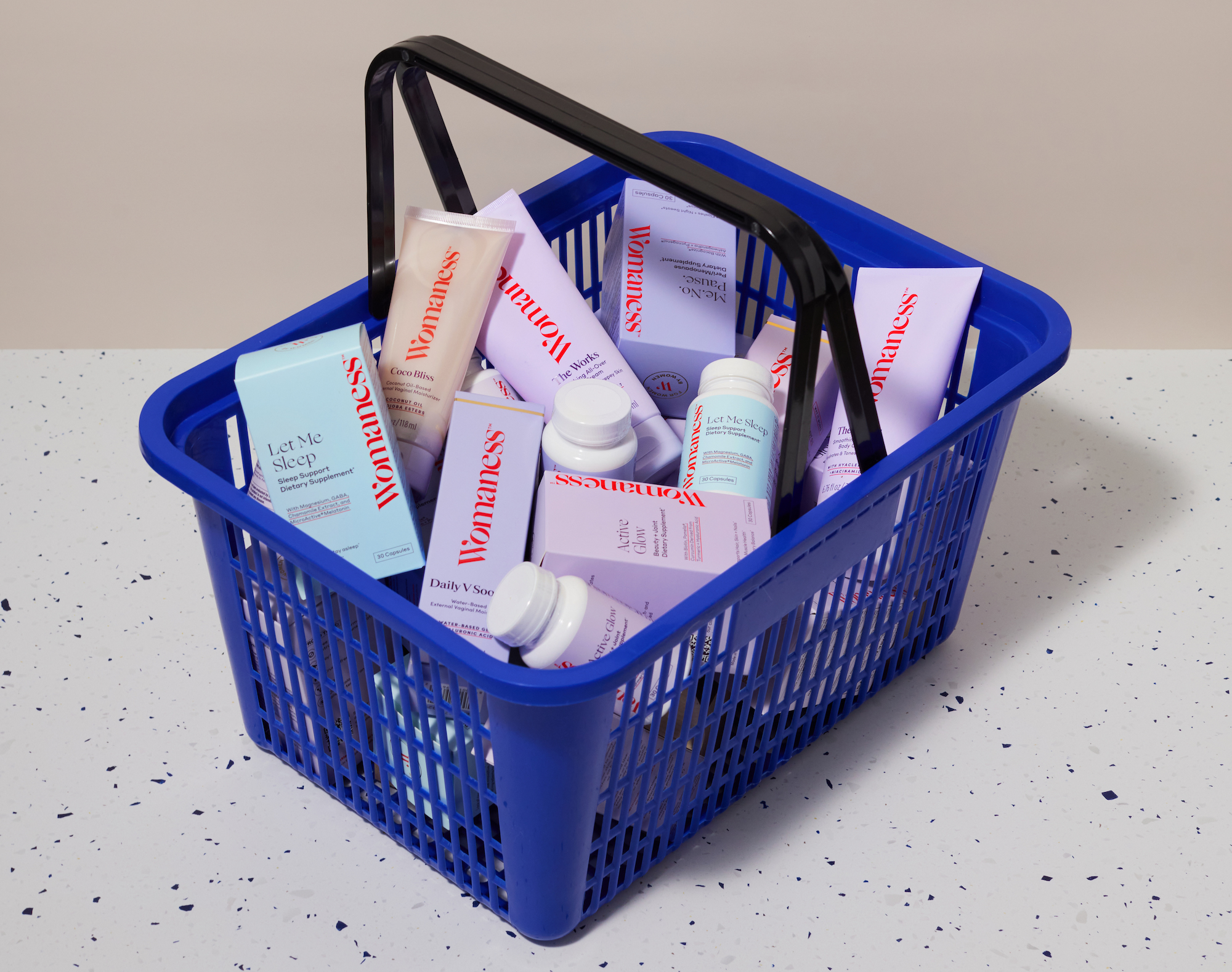




















![[Podcast] Behind the Breakthroughs: How Almac Powers Clinical Trial Success with Care](https://imgproxy.divecdn.com/5lAJkli_KcGt1FSsw4EaegjgP76IHREqYEWbhNBJOXw/g:ce/rs:fit:770:435/Z3M6Ly9kaXZlc2l0ZS1zdG9yYWdlL2RpdmVpbWFnZS9CaW9QaGFybWFEaXZlXzEzNDZfeF83MjlfQXJ0d29yay5qcGc=.webp)
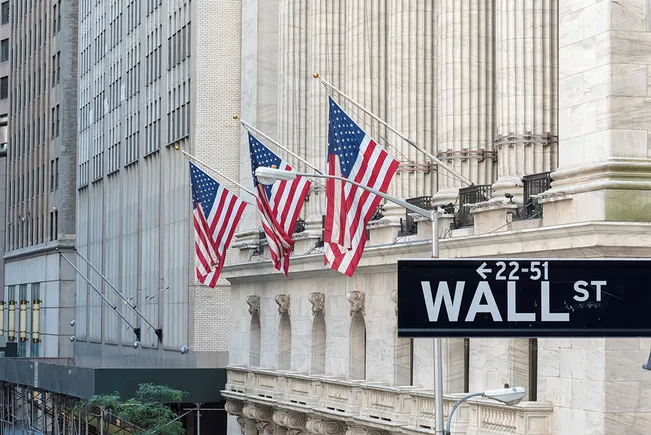















































































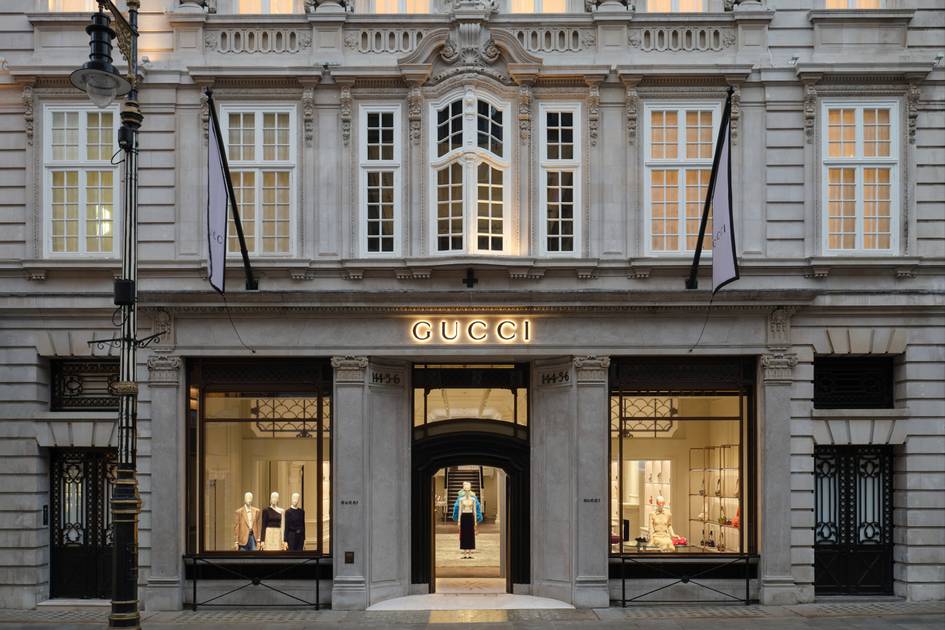













.jpg)








